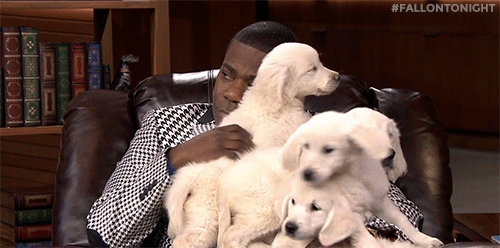62. Share a struggle (there’s an upside to sharing your downside).
Most of us like the world to see us at our best … but that prevents people from ever getting truly close.
Data point of the week
A 2020 British study looked at health data from over 100,000 patients to evaluate the impact of 106 different factors on depression. The purpose of the study was to find key areas to target in prevention efforts, so it only looked at modifiable factors—that are within our ability to change—rather than more fixed genetic or environmental factors.
Of the 106 factors studied, confiding in others emerged as the strongest protection against depression, even among at-risk individuals. The researchers concluded that trusted social connections (a.k.a. fulfilling friendships) actively prevent depression.
The research shows a clear “dose-response relationship,” meaning the higher the dose (amount) of social connection, the lower the risk of depression.
Reflection
Whether it’s on social media or in our daily interactions with people, we often want to present the “best” version of ourselves. If everyone does the same, we only see the curated version of other people and start to assume that everyone else is having a great life.
This increases isolation.
We compare our insides to other people’s outsides … even though we know better. When we’re feeling down, it seems like we’re the only ones who (fill in the blank). We feel alone in our struggles because we haven’t shared them with anyone, and no one else is sharing theirs either.
If we keep it to ourselves when we’re having a hard time, how can anyone support us?
I worry that there’s a trend towards outsourcing and professionalizing support. We don’t want to burden our friends, so the things we used to share with them are now reserved for therapy … or AI!
And people have become more hesitant to have conversations that have even a hint of “mental health” in them (in other words, someone expressing FEELINGS). When did we become incapable of sharing—and responding to—other people’s emotions? Of course, therapy can be incredibly valuable … but ideally it compliments social support rather than replaces it. The less we share with our friends, the more superficial those relationships become.
Share your shadow … it might get lighter. National Geographic picture of the year.
Connection Skill & Action Step: Share a Struggle
Sharing the full picture of how you’re doing, including the things you’re struggling with:
Increases the support you receive and brings you closer to the person you share with.
Helps other people feel less alone in their struggles.
Gives people an opportunity to feel helpful/supportive.
Here are 3 ways to share how you’re really doing and what’s on your mind.
When you’re grappling with negative thoughts, feelings, or experiences, share them with a friend.
Present a more realistic representation of your life on social media including ups and downs. Post something you’re struggling with.
Ask people deeper questions about how they’re doing (and listen).
Questions to reflect on or to spark conversation. Please share your responses in the comments—I love hearing from you!
Do you find it easy or hard to share your struggles with friends?
How do you feel about posting them publicly on social media?
Want to get a connection tip (like this one) delivered to your inbox weekly? Sign up for my newsletter!


